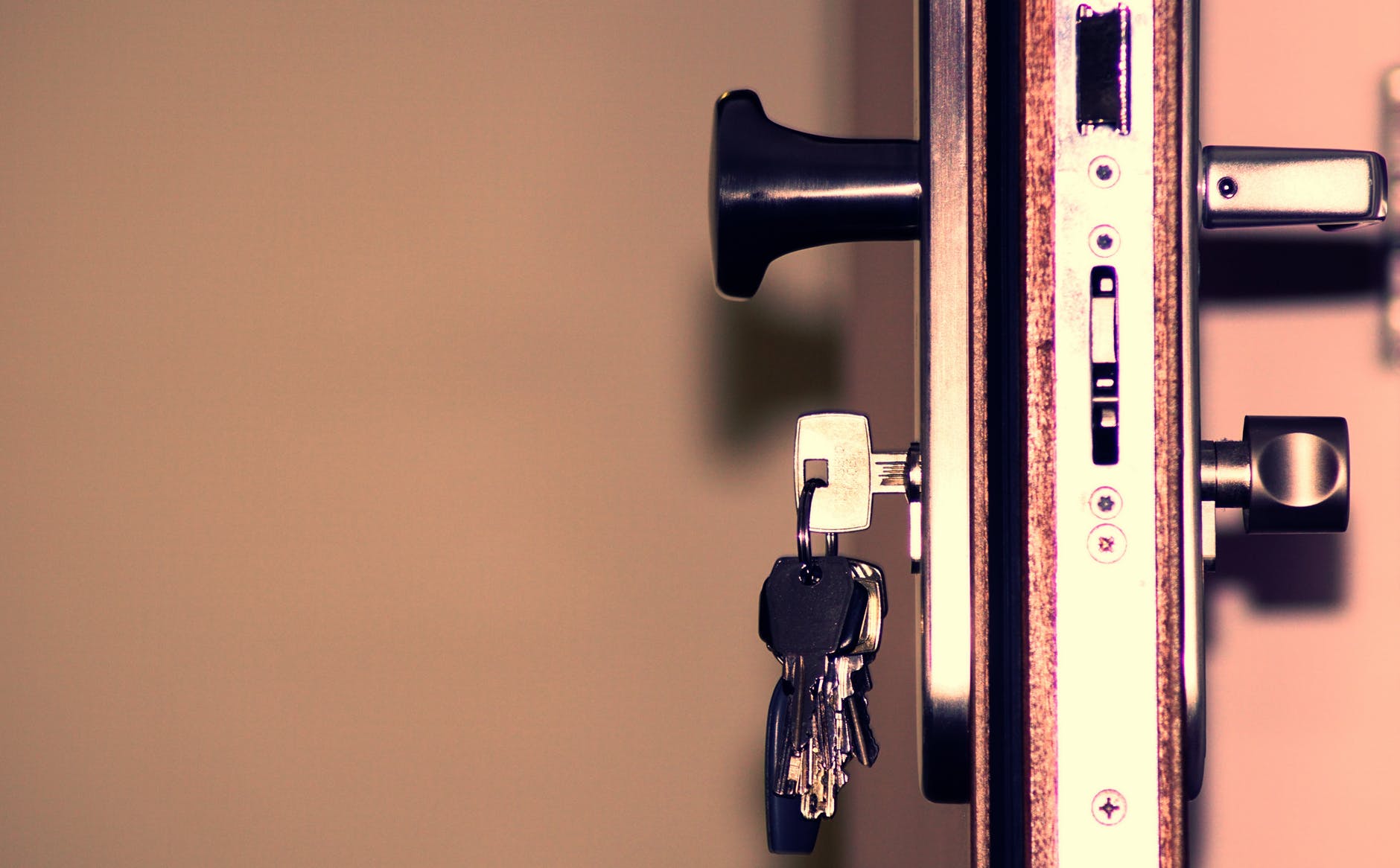Should You Change The Locks After A Tenant Moves Out?

One question that many owners have is if they should change the locks on their rental properties after their tenants move out. The answer to this question is yes! The locks should always be changed after a tenant moves out because you just don’t know who had access to the keys to the rental property during the tenant’s lease.
Since renters are 85% more likely to experience a home burglary than homeowners, renters and landlords should work together to make sure a rental is as secure as possible, starting with the locks.
How To Deal With Locks And Keys When Renting Your Properties
Renters and landlords should sign leases that ensure “habitability,” which includes provisions for locks in most states.
The lease or move-in document should list how many keys the landlord gave the renters when they moved in.
A landlord might add a provision to the lease that prohibits a renter from changing the locks unless the landlord gives permission and gets a key. In some states, such as California and New Jersey, renters can change the locks and not give landlords a key, unless the lease says otherwise.
Landlords should always have a key to the property in case of an emergency. They might need to make a repair—or give repair people access to the property—if the renter isn’t home. (Only after the landlord gives the renter proper notice.)
When locks and keys matter
Move in
In most cases, renters shouldn’t plan to get the keys until their landlord has collected (and cashed) a deposit and any pre-paid rent.
Since landlords are responsible for the security of the property, they should change (or “rekey”) the locks between every set of renters. When Lucas Hall, founder of Landlordology, got into property investing, he didn’t change the locks even though his renters changed. That’s not something he recommends.
“At the time, I didn’t know any better,” he says. “But now I realize how foolish it was. I was really lucky nothing bad happened.”
Even if renters return all keys to the landlord, there’s no way of knowing if they made extras. The only way to ensure a rental is secure for the new tenants is by changing the locks.
Landlords should consider installing “smart key” technology, which lets landlords rekey the locks by themselves in seconds. Otherwise, a pro can do the job for about $100-$200.
In most states, rekeying the locks between renters isn’t a legal requirement. Renters, ask your new landlord if the locks have been changed. If they say no, ask if you can do it yourself. Then be sure to give them a key.
Move out
When renters move out, they should give the landlord the exact keys they received during move-in and be straightforward about whether or not they made any copies. If the landlord provided the renters with two original keys, then two copies are returned (minus the originals), the landlord will know copies were made.
A renter leaves early and changes the locks
Let’s say a renter pays rent through the end of the month, but decides to move out early. If they change the locks without asking the landlord for permission, does the landlord have the right to change the locks if there’s nothing about it in the lease? It depends.
Landlords can ask the tenant to change the locks back, but if a renter doesn’t respond, the landlord has to wait until the lease’s end date to rekey the property.
Sometimes, the landlord can change the locks as long as they let the renter know. If they do that, they also need to offer the renter an extra key so the renter can enter the property until the lease ends. (The renter would need to return the key on or before that date.) Laws about this situation vary by state, so check your state’s laws.
A landlord changes the locks without cause
Landlords, don’t do this. Even if a renter failed to pay rent or destroyed the property, you don’t have the right to lock them out of their place.
Changing the locks without going through the proper eviction procedures is illegal in almost every state. Renters can sue you for doing this, and judges could award them monetary losses for everything from the cost of a hotel stay to spoiled food in the fridge and court-assigned penalties. Don’t risk it. Instead, go the legal eviction route.
A renter wants to make copies of the key
Renters, talk to your landlord first. If your lease says you can’t make copies, your landlord will probably abide by that document. If you make copies anyway, you’re violating the lease.
A renter loses keys
Lost keys could be anywhere and in any hands. The landlord should immediately re-key the locks to keep the property secure. Usually a landlord will charge the tenant for the re-key process.
In summary
Locks and keys are an important part of keeping a home safe. Be sure to sign leases with details about keys, which protects landlords and renters. Landlords, plan to re-key the place, especially between renters.
Contact Us
To learn more about if you should change the locks after your tenant moves out, or to speak with us about our property management services, contact us today by calling (503) 516-2648 or click here to connect with us online.







